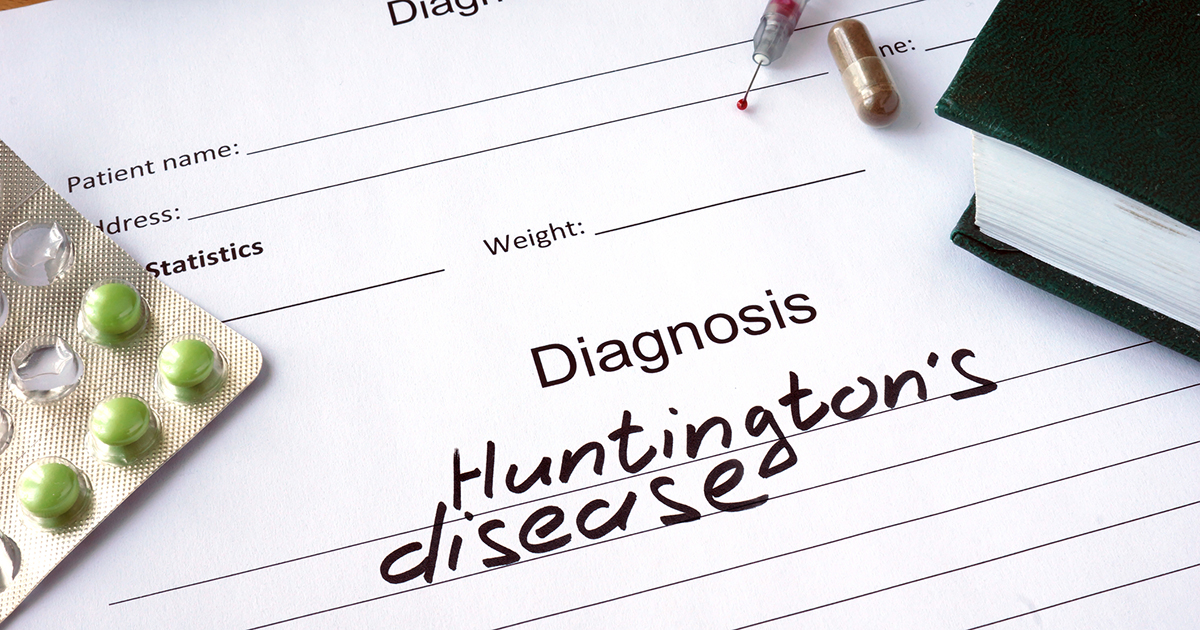Huntington's Disease Causes And Diagnosis
How It's Diagnosed

Huntington's is diagnosed either when a physician notices symptoms or when a person with a family history elects to get tested. Symptoms of Huntington's disease come in three stages. In the early stage, clumsiness and some behavioral or psychological symptoms may be present. When Huntington's progresses to the intermediate stage, trouble with speech and increased difficulties with movement may be present, along with moderate chorea. During the final stage, chorea becomes severe. Speech may become impossible, and the patient may require around-the-clock care. Huntington's disease symptoms mimic many other diseases, so a definitive diagnosis in the absence of a genetic test is difficult. Before the discovery of genetic testing, patients often had symptoms for years before a diagnosis was confirmed, often after chorea began. Today, patients with Huntington's symptoms are referred to a neurologist, who examines the patient, rules out other causes, and orders genetic testing to confirm the diagnosis.
Huntington's has been a severe and treatment-resistant disease, with historical records indicating individuals have suffered from the disorder for centuries. Now that modern genetics allow scientists to understand the disease process and make vital progress in how it's diagnosed, the options for treatment are expanding. New research is underway that may result in reductions of symptoms and eventually a cure.